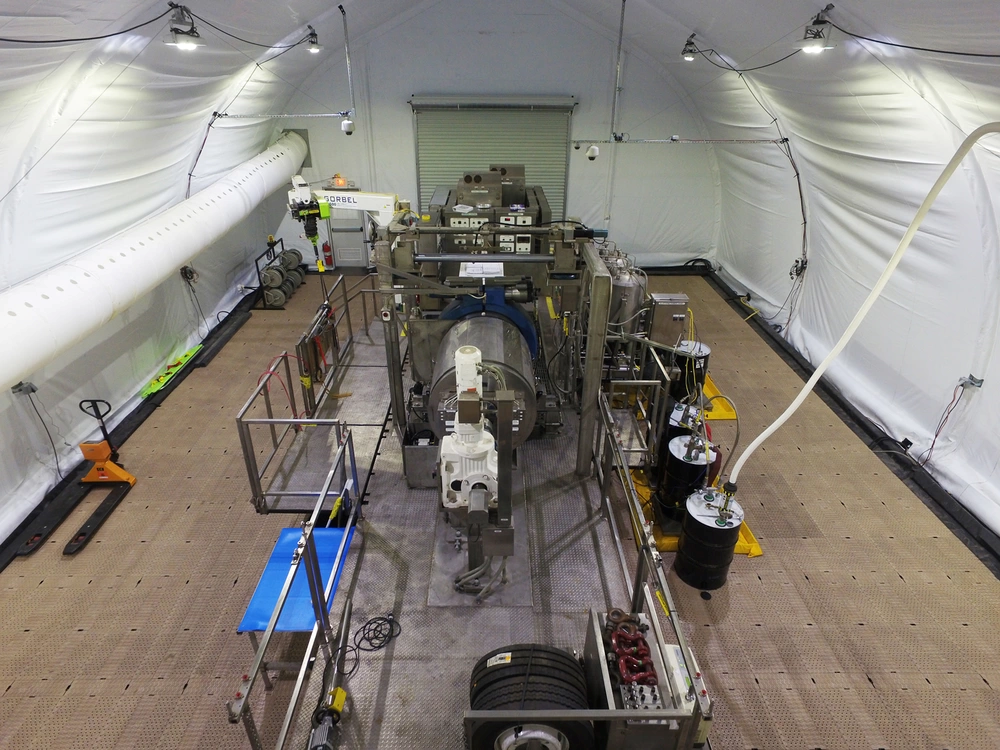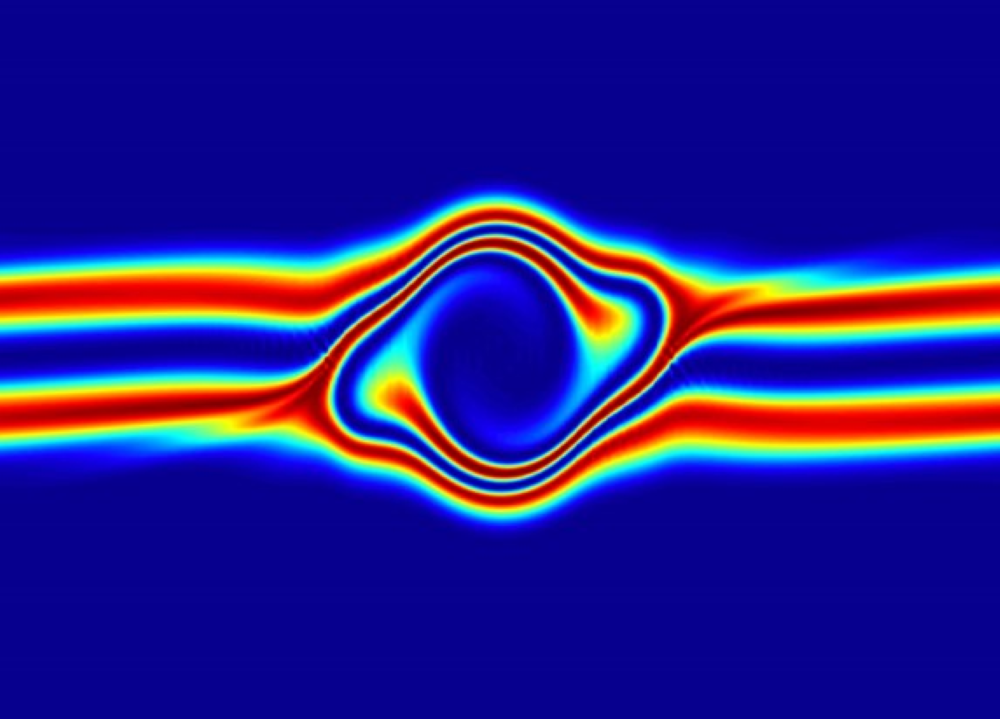an email newsletter released every month highlighting the latest articles, events, technical inquiries, and voices from the community
Homeland Defense & Security Digest
The Digest is a newsletter intended to provide readers with a greater awareness of the latest research and development trends in the eight technical focus areas supported by HDIAC while also highlighting recent HDIAC activities, services, and products.
Current Digest
Memory Effect Mitigation of an Incinerator’s Pollution Abatement System
The Homeland Defense and Security Information Analysis Center (HDIAC) was asked to provide information on the removal of the “memory effect” from an incinerator’s pollution abatement system after it becomes contaminated with dioxins and furans….
Simulating the Fourth State of Matter to Harness Fusion
As you gaze into the night sky, stars look like tiny, glowing pinpricks shining through the dark. But inside those stars, reactions occur that produce staggering amounts of energy. All stars – including our sun…
Stay up to date with our Digest
Receive the latest issue straight to your inbox



